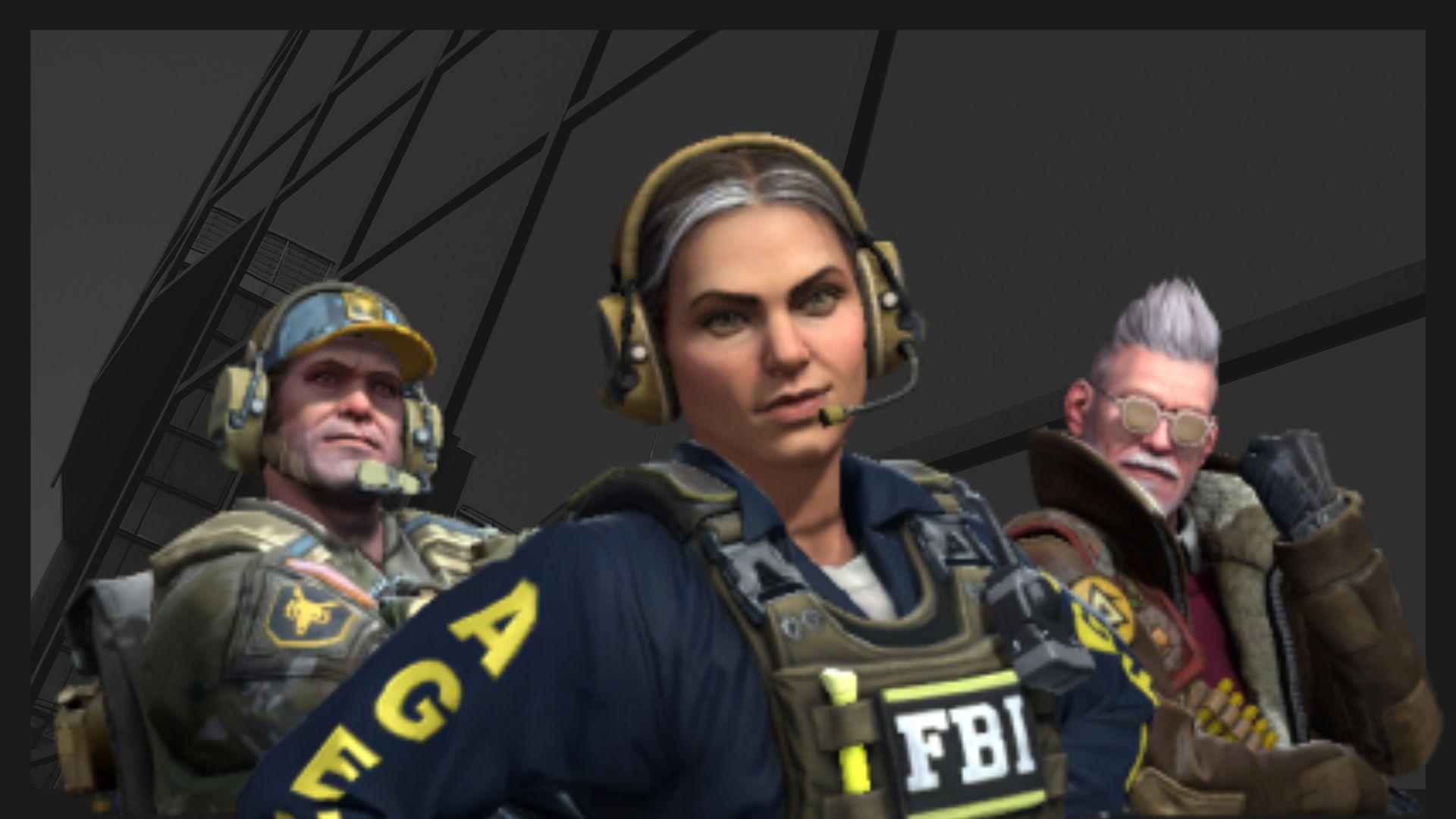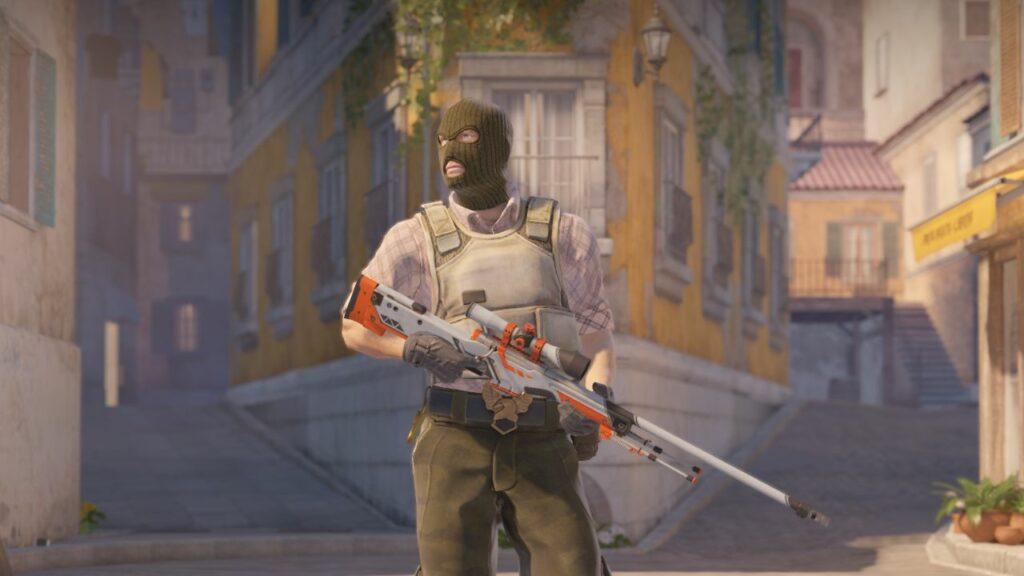
Valve responds to ESL exclusivity, Berlin Major copyright strikes
Valve has addressed some major issues that have been facing the competitive Counter-Strike: Global Offensive ecosystem in recent months.
The 2019 StarLadder Berlin Major put the broadcast exclusivity rights of tournament organizers under further scrutiny. This was followed by ESL implementing a long list of rules for teams competing in the ESL Pro League, ostensibly designed to limit competing teams’ ability to participate in events hosted by other tournament organizers.
A major shift seemed to be on the horizon for the pro CSGO scene, but Valve is now stepping in.. The developer made its decrees in a post on the official CSGO blog.
Valve responds to ESL Pro League exclusivity
While the StarLadder Berlin Major was going on, ESL was making some big moves. Dexerto’s Jarek Lewis reported that the organizer was planning to implement new rules in 2020 for the ESL Pro League that limited teams’ ability to compete in other events and functionally sought to kill off other CSGO leagues.
This would have carried major consequences at all levels of pro CSGO, with elite teams potentially being forced out of events like the Esports Championship Series while mid-level teams would be barred from regional leagues. This was partially offset with the introduction of a larger tournament circuit called the ESL Pro Tour, but Valve has decided this approach could be detrimental to the overall health of the pro CSGO scene.
While Valve did not specifically name ESL, the company did not put much effort into hiding its feelings on these proposed rules.
“Recently there have been steps toward a broad form of exclusivity where teams who compete in a particular event are restricted from attending another operator’s events,” Valve said in the post. “This form of team exclusivity is an experiment that could cause long-term damage…At this time we are not interested in providing licenses for events that restrict participating teams from attending other events.”
It is important to note that Valve did not completely close the door on exclusive leagues. There has been a large shift in esports towards centralized and exclusive league structures. This has been seen in League of Legends, Overwatch, and Call of Duty.
It is possible that exclusive leagues may one day become the standard in CSGO. But that likely won’t be the case any time soon.
Valve addresses StarLadder Berlin Major streamer takedown controversies
StarLadder came under intense fire from fans when a number of streamers were banned for broadcasting the Berlin Major through GOTV, CSGO’s in-client method for watching live pro games. The event organizer responded by opening the door to streamers “who are ready to share sponsorship obligations.”
This ultimately called for a detailed explanation from Valve on how these sorts of issues should be addressed moving forward with major tournaments.
“Major tournament operators are expected to work with streamers in order to provide viewers with access to valuable alternative content and underserved languages, whether through official streams or otherwise,” the blog post reads. “Anyone that wants to offer a unique perspective and co-stream the Major should reach out to the Major tournament operator ahead of time in order to ensure a good experience for everyone involved.”
This essentially works as an endorsement from Valve, allowing tournament operators to better police streamers looking to broadcast their events.
Recommended

s1mple is offering lessons to help you get good at CS2
Have you dreamed of playing like s1mple?

Recent CS2 ban wave punishes cheaters during live games
Valve is banning players in bulks.

Players hopeful after Valve adds Overwatch to expose CS2 cheaters
Only “trusted” players will be Overwatch investigators.







